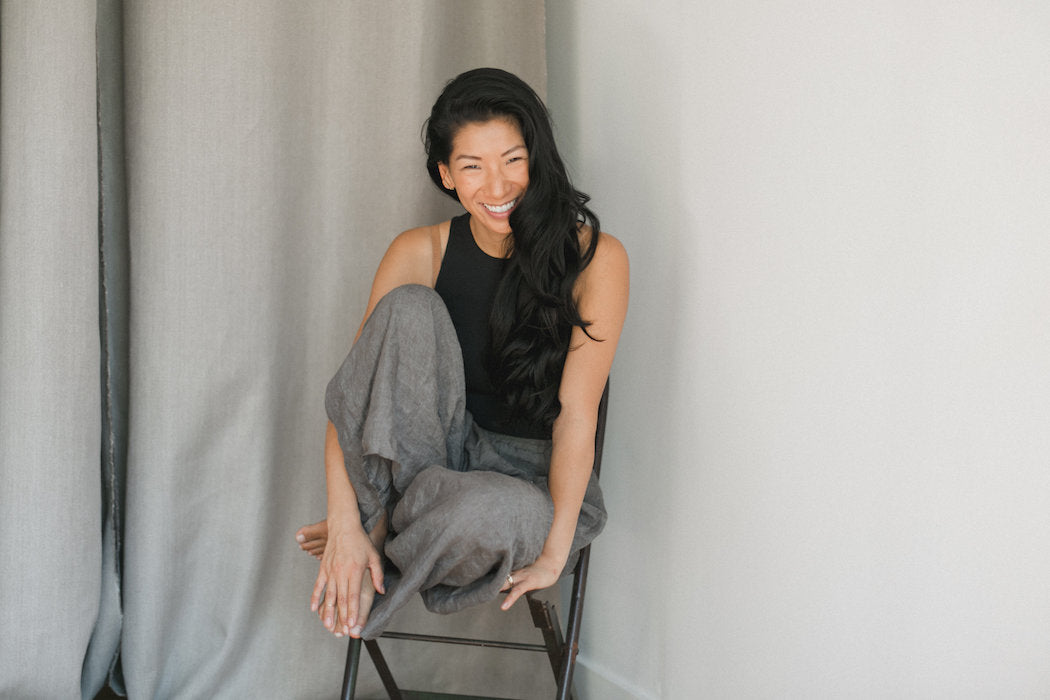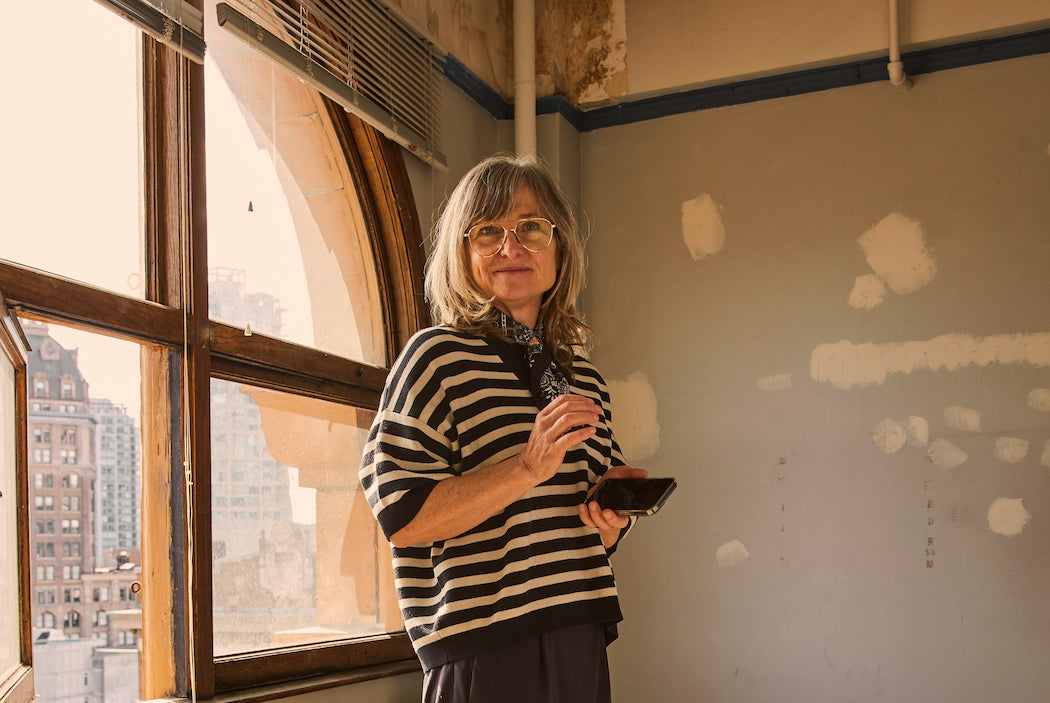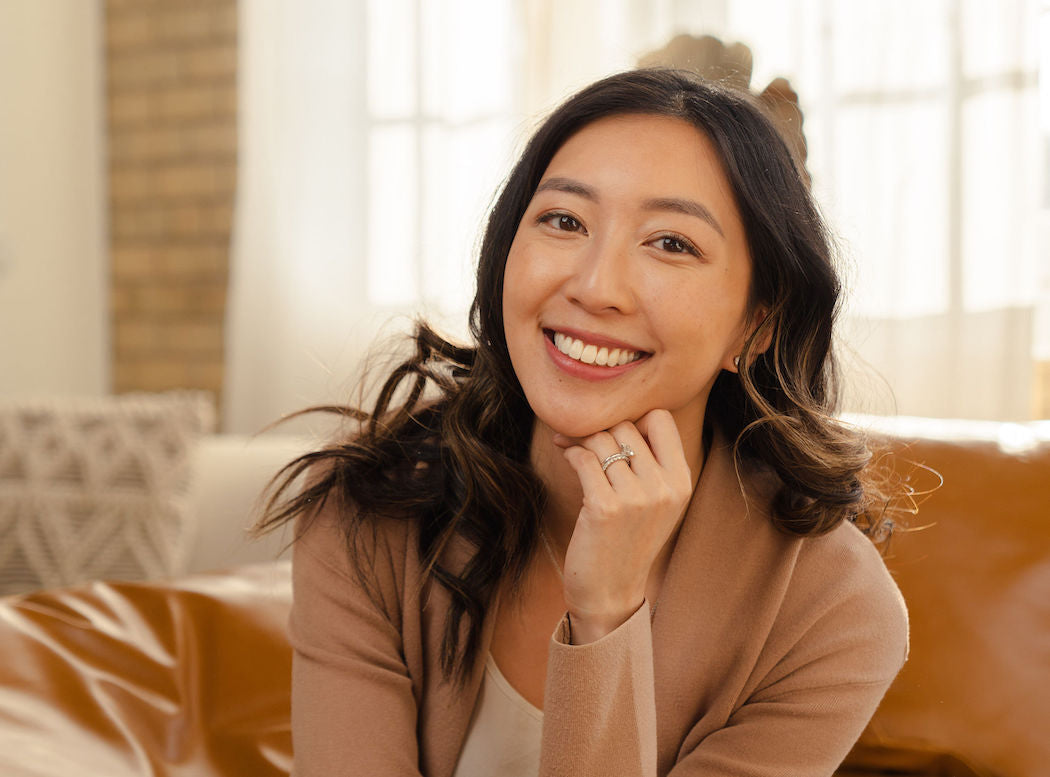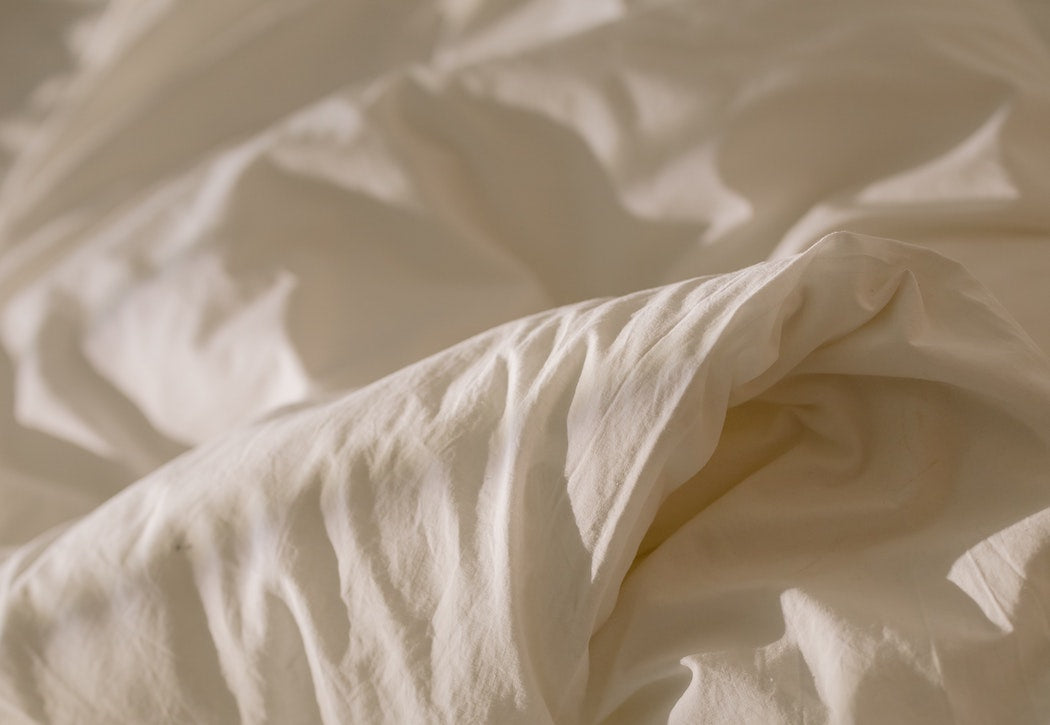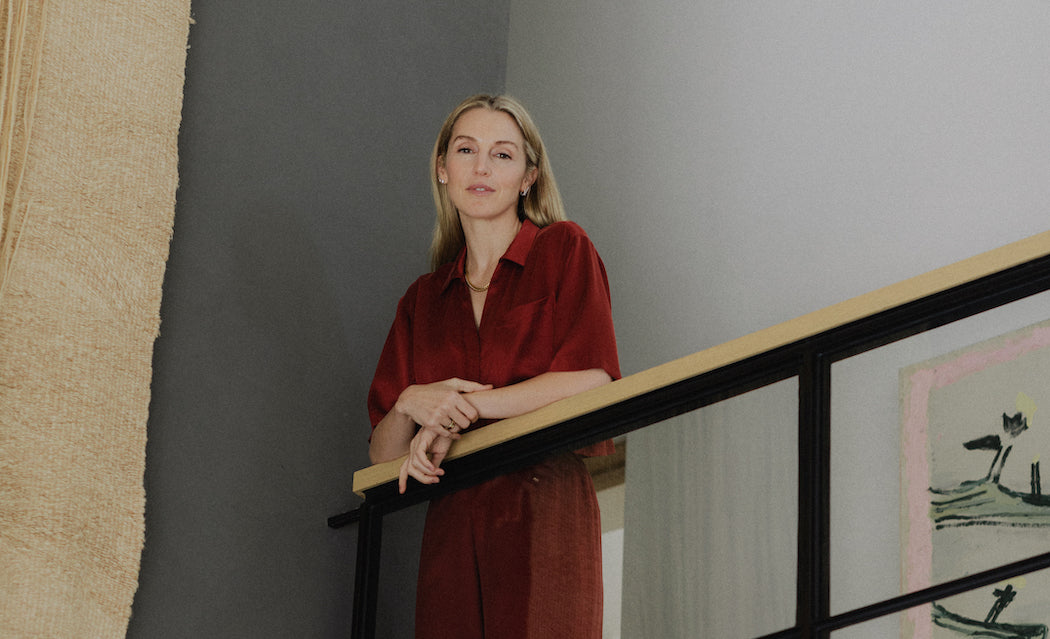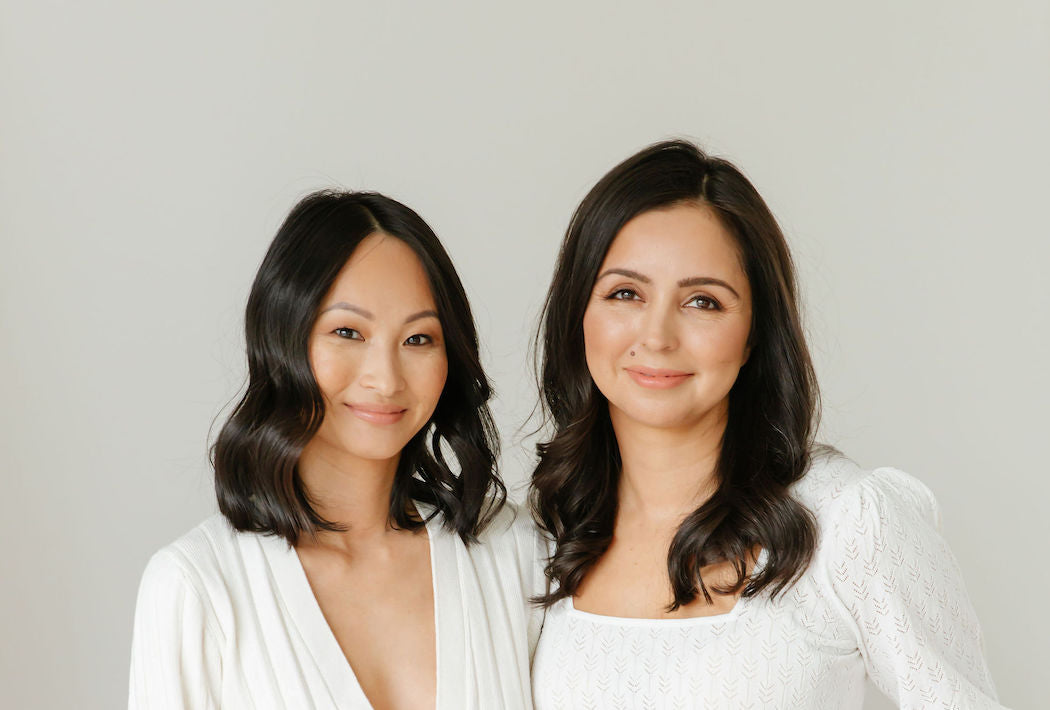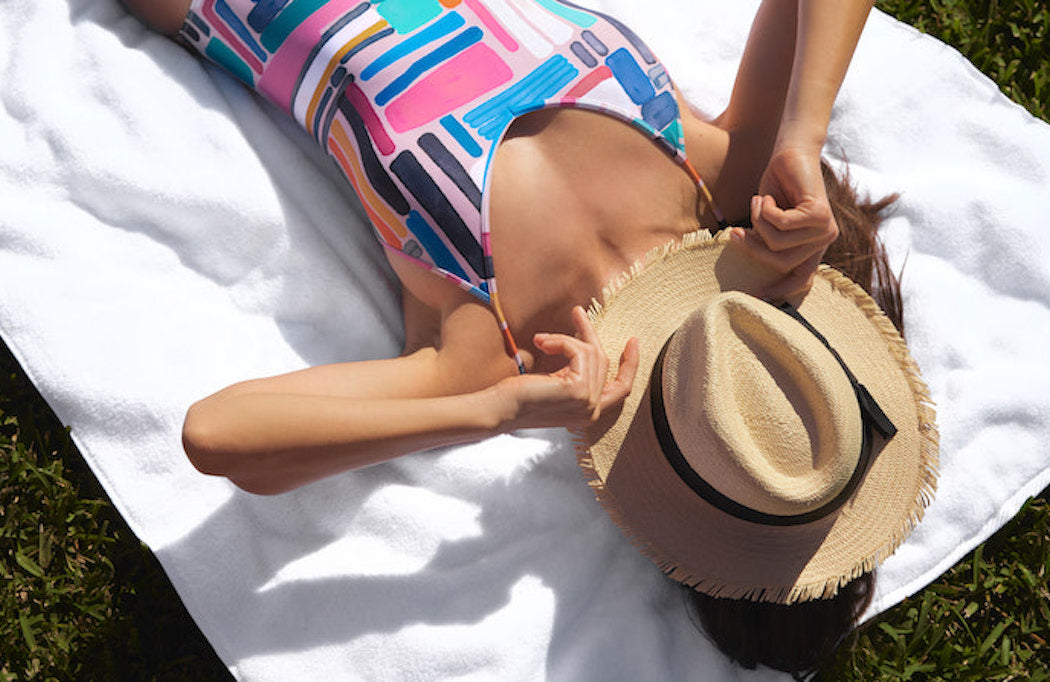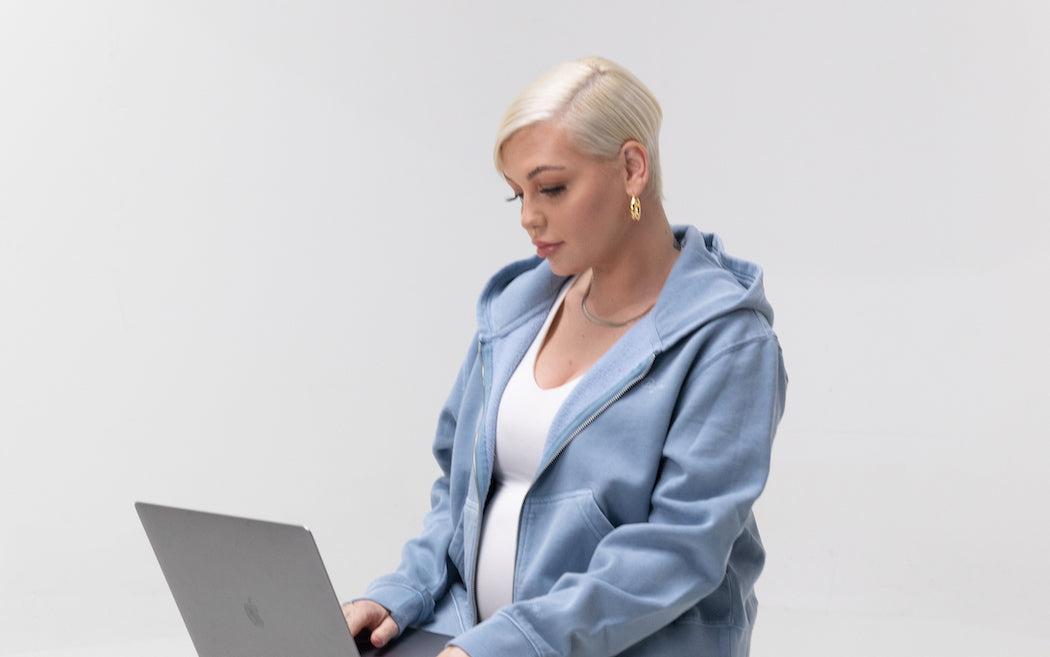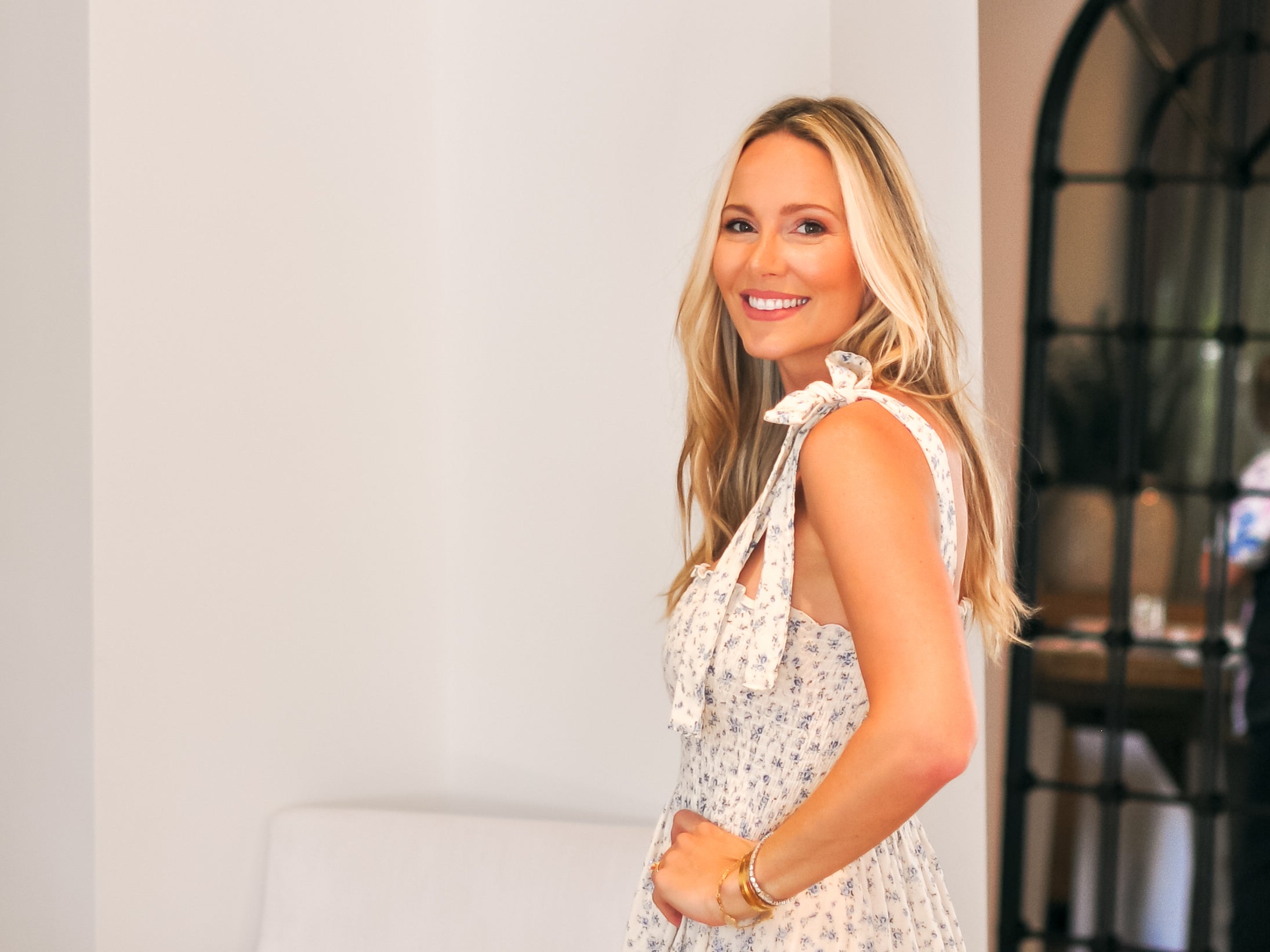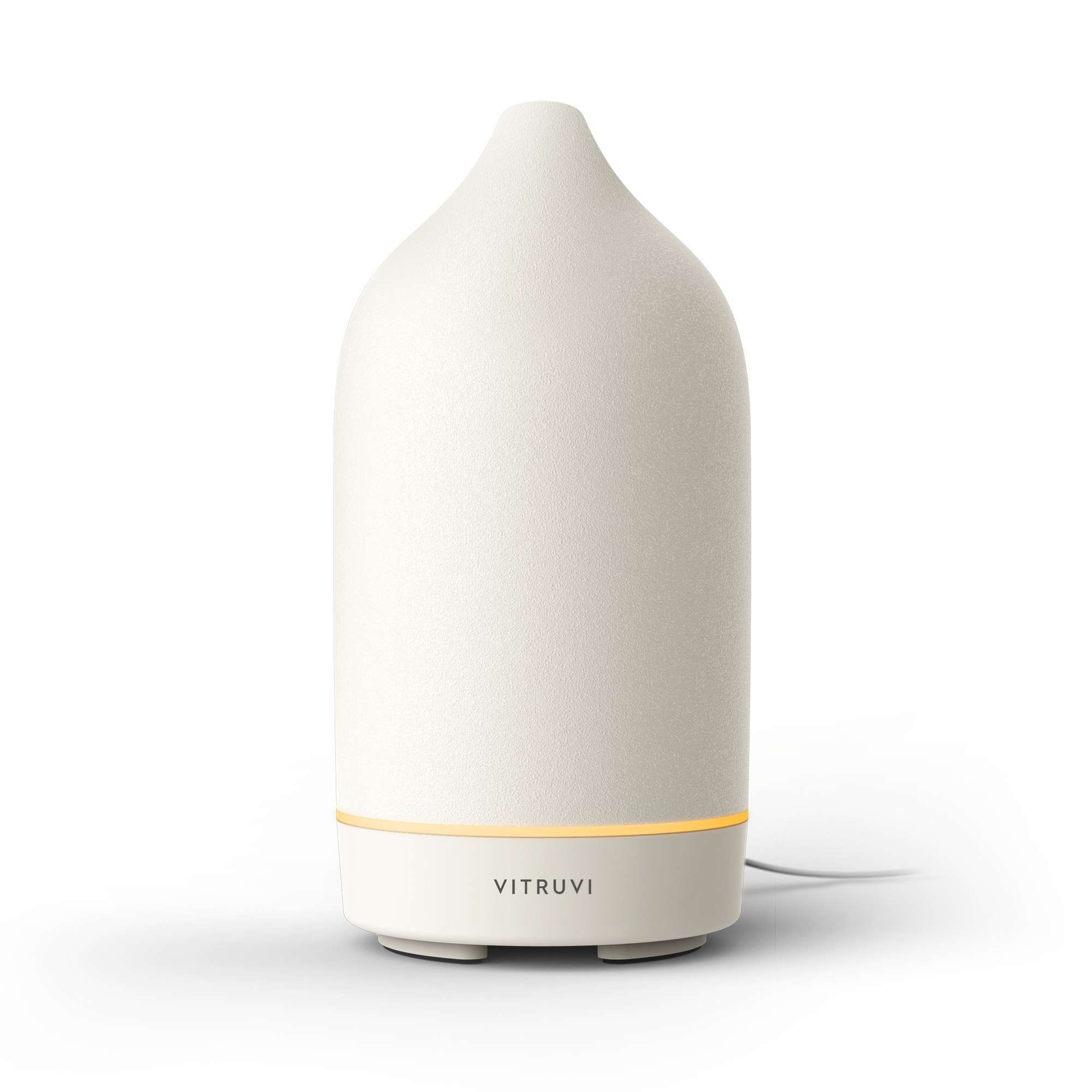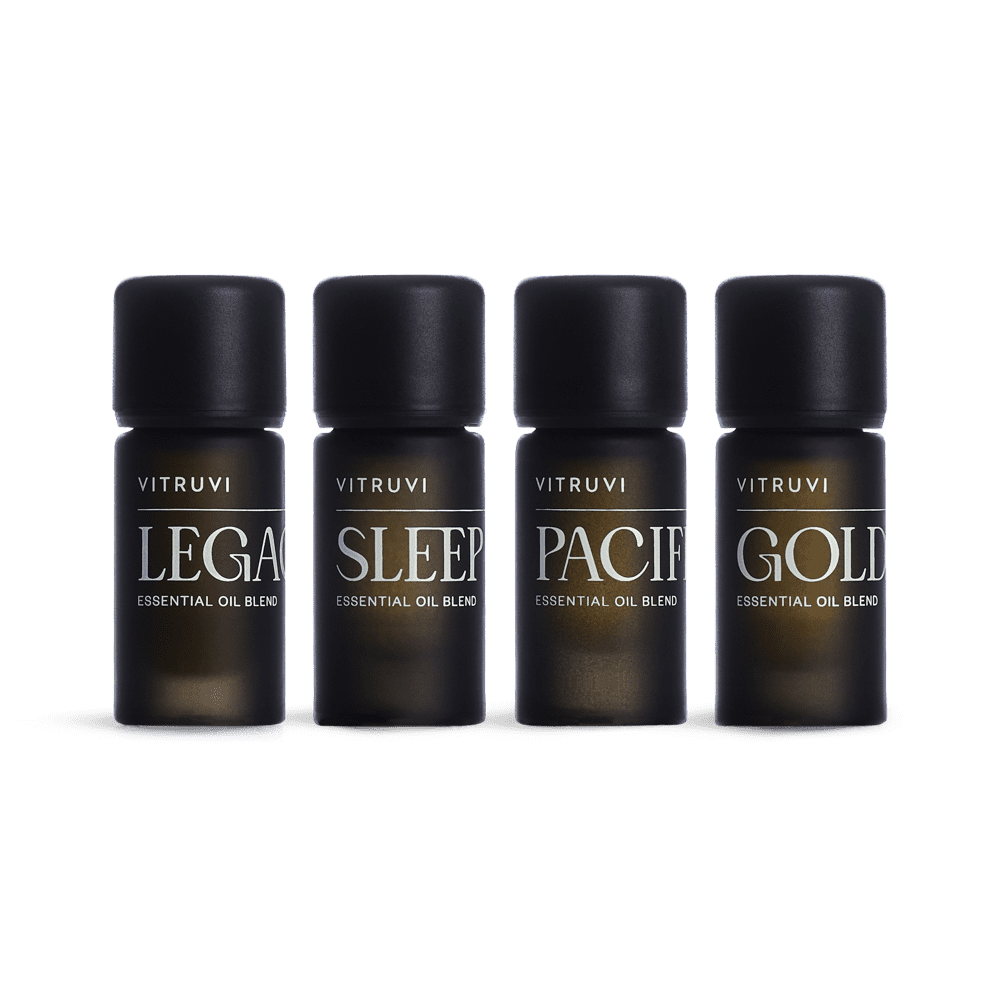I had never really considered acupuncture. With no serious injuries or muscle pain plaguing me, I thought I had no reason to. It wasn’t until vitruvi CEO Sara started talking about her sessions with Vancouver-based acupuncturist and founder of Vive Wellness, Vivien Hsiung, that it landed on my radar. After looking into Hsiung’s practice, I discovered that acupuncture, in addition to addressing physical pain, could also treat digestion and skin issues. I booked an appointment from my desk that day.
Going into my session, I had no idea what to expect. My understanding of acupuncture was very limited; essentially, all I knew was that there were needles involved.
Hsiung’s Gastown studio is located in a cozy loft with hardwood floors and off-white walls. In the treatment room, she takes my pulse and asks me questions about what is going on in my life. She is so easy to talk to; kind, warm, and intuitive. After talking through my digestive and skin issues, I lie down on my back and Hsiung places tiny needles in my legs, arms, stomach, and hands. She then sprays some rosewater and leaves the room. Now what? What if I move too much? What if I just jump off the table and run away with all these needles sticking out of me? Ha. But then I start to relax, and my irrational thoughts float away. I drift off.
When Hsiung returns, she removes the needles and we talk about the body as a barometer—how we often don’t start paying attention to something until it shows up visually (like on our skin) or inhibits us from living our normal lives. The root cause of these issues tends to be internal, while the external manifestation is just our body’s way of keeping us in check. I leave my session feeling rejuvenated and, for the first time in a while, like my health is in my own hands.
Traditional Chinese Medicine (TCM) has been part of Hsiung’s life from the start. Born into a Chinese-Canadian family, she witnessed the blending of Western and Eastern medicine practices on a daily basis. Still, it wasn’t something she initially thought of for a career, instead becoming a flight attendant. And while she loved being in the air and travelling, at one point she was dealing with residual pain from a car accident, so being on her feet constantly started to take a toll on her health. After being prescribed pain medication after pain medication, she turned to TCM, and acupuncture in particular. Her experience inspired her to pursue it professionally.
Hsiung was initially drawn to the sports medicine side of acupuncture, but she’s grown to love how it connects the emotional and physical aspects of the body. “That’s the part I think that surprised me the most about acupuncture—I didn’t know it was going to lead into more of this body, mind, spirit aspect,” she explains later via phone. “If we’re sad and we’re crying, we go into fetal position or we go into that protective mode where our shoulders can get really tight. There is an emotional aspect to all of the muscles, so often times whenever we finally release tension in the body, we’re also having a huge emotional release.”
She thinks of acupuncture as “a way of accessing the body’s natural ability to heal.” Essentially, our nervous system has two states of being: fight or flight (sympathetic), or rest and digest (parasympathetic). When you receive acupuncture, the needles stimulate the muscles, which send a signal to the brain telling it that it should be in that fight or flight state. Once the body realizes there is no imminent danger, it’s able to completely relax and enter the rest and digest state. And this is when it is able to heal.
People dealing with anxiety are constantly in that fight or flight state; they’re not able to turn “off” and let their bodies recuperate. Hsiung says yoga is another great way to combat this: you hold a pose, then you rest. You hold, hold, hold, then you rest. “Savasana [resting pose] is so sweet at the end because we’ve practiced this on/off switch the whole time,” she explains. “So if someone is ‘on’ all the time, and they don’t know how to turn their switch off, going to yoga is really good for them because they start to realize that it’s actually the rest that feels really good, versus the poses that feel really good.”
Diet therapy is another aspect of TCM that Hsiung touches on a lot, and she uses an analogy that elicits a visceral reaction from me: imagine your gut like a wet sponge. “If you leave a sponge inside a wet sink and you don’t do anything with it, it will grow mould on it,” she says. The idea behind this is that our guts are like microbiomes—mini environments that need to be tended to accordingly. Living in Vancouver (a literal rainforest), the wet weather influences our guts. So during the winter, ingesting cold, “damp” foods like salads or smoothies makes that internal environment even wetter—and you can imagine what happens from there. Hsiung suggests experimenting with foods seasonally: “In terms of what’s happening with our system, we really have to look at our environment. How do we keep it balanced? How do we keep it not too dry, not too wet? How can we make sure that there’s something that’s pulling moisture out of the system?” That balance is basically achieved through food, environment, and exercise. Exercise is what “wrings the sponge out”—so on top of being good cardio, those spin classes are helping your internal microbiome, too. As for smoothies? Don’t worry, you don’t have to let them go. Hsiung just recommends letting your smoothie get to room temperature or adding some warming spices to it, like turmeric or ginger. For salads, try roasting your vegetables instead of eating them raw. Of course, this is all dependent on where you live. If you reside in a dry, hot climate all year long (lucky you), you can sip smoothies ‘til the sun goes down.
The biggest takeaway from talking with Hsiung is the importance of listening to your body. If you can do that before a problem starts to show up as a rash, a zit, or chronic pain, even better. It’s also crucial to take time to truly rest so that your body can heal. And if you were wondering—no, the needles don’t hurt.

